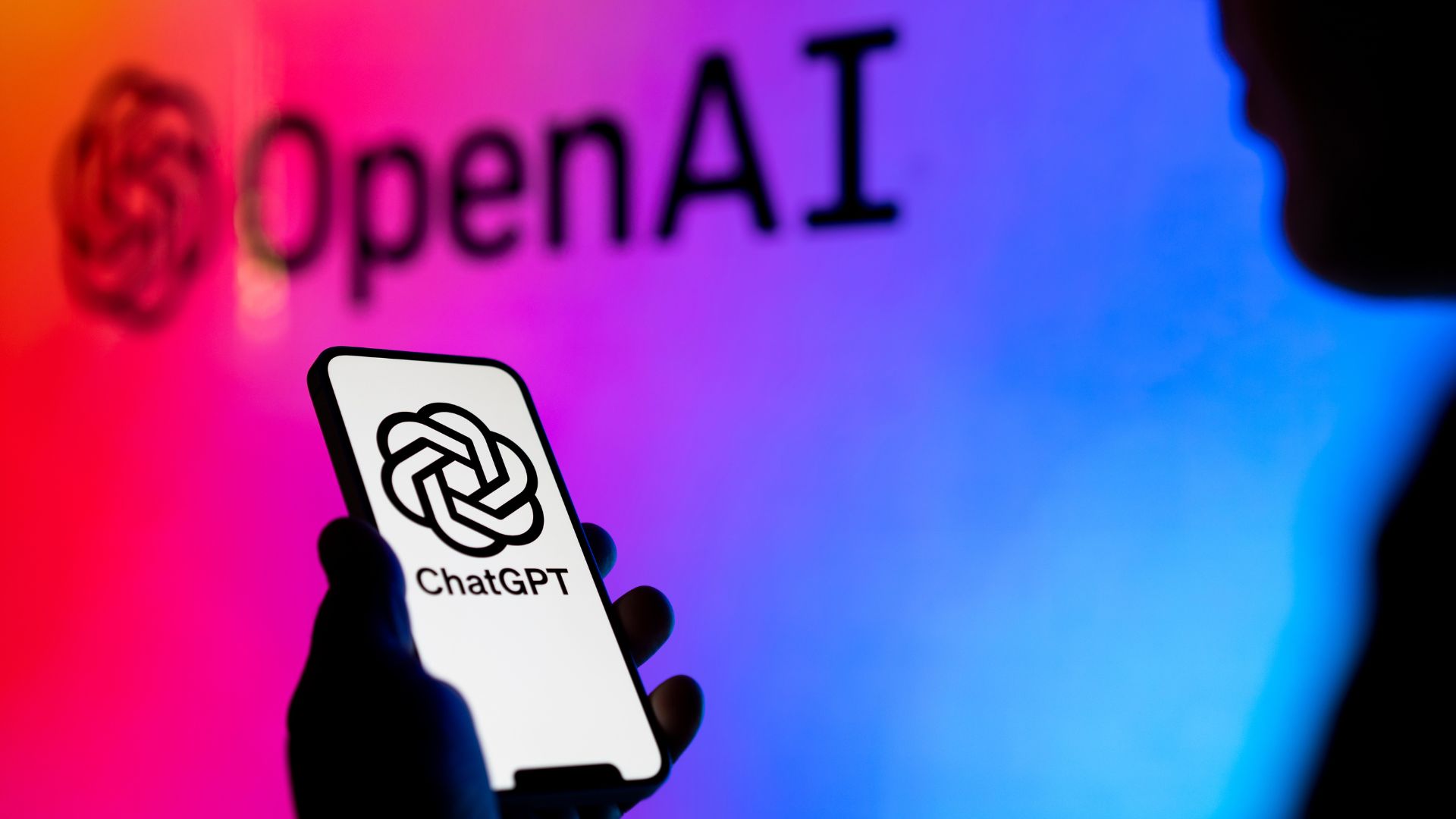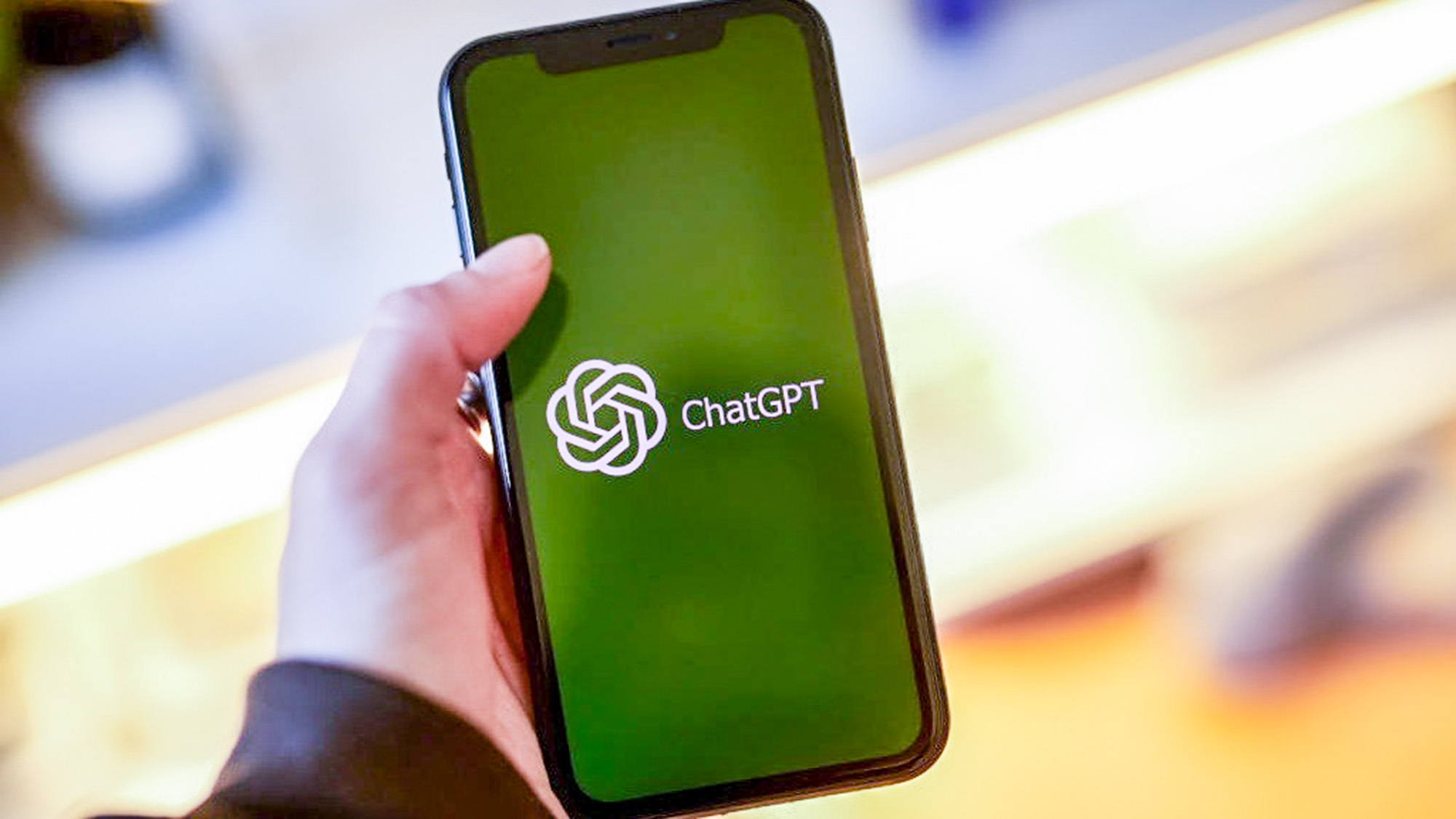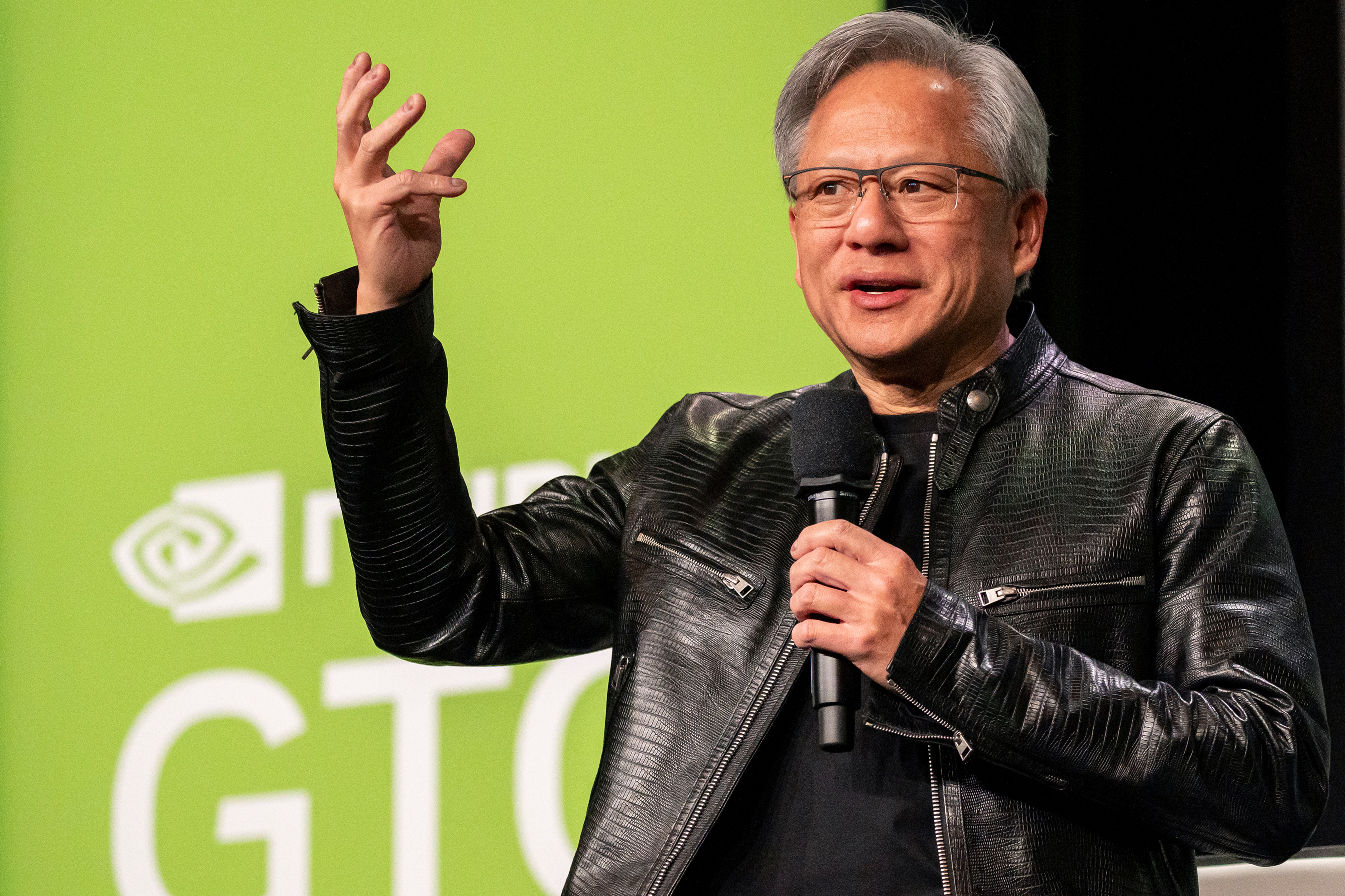Being nice to ChatGPT might be bad for the environment. Here's why.
Be rude to AI. The planet will thank you

Manners don't cost a thing. At least, that's what I was told when I was growing up.
Then again, I wasn't raised inside OpenAI's thousand-GPU data center in Quincy, Washington. If I had been, I might have had a more nuanced perspective on the impact of "please" and "thank you" on the company's bottom line.
While it's been said that manners maketh man, it turns out they also maketh man's AI copilot stretch just that little bit further in terms of compute.
Factor in ChatGPT's billion queries per day, spread across its 350 million weekly active users (as of December 2024), and that's a lot of excess energy and expenditure seemingly going to waste.
According to OpenAI's CEO, Sam Altman, the monetary figure of that extra processing could stretch as far as "Tens of millions of dollars." The cost to the environment? Much harder to calculate, but let's just say it's definitely not zero.
With that in mind, is it time we cut the digital pleasantries from our AI interactions? Or is there a secret benefit to those conversational customs some users might not even realize they're tapping into?
Laptop Mag's Best AI PCs in 2025
Check out our round-up of the best AI PCs in 2025 as we rank and compare top-reviewed AI and Copilot+ laptops featuring the latest and greatest NPU-touting processors from Qualcomm, AMD, and Intel.
A prompt prompt is a greener prompt
It turns out, politeness isn't just a social nicety; it's also a token sink running up a carbon tab.
Every prompt (or "message," for those allergic to AI jargon) you send to ChatGPT is broken down into bite-size tokens, and every "Please," "Thank you," and "Would you kindly" add extra weight.
That extra weight means more tokens per prompt, more compute required, and more energy spent churning out your answer.
The exact cost is hard to pinpoint, though many have tried. One Reddit thread titled "The cost of saying thank you to ChatGPT" attempted to break down the kilowatt-hour pinch for user pleasantries via the chatbot itself, though the numbers do seem rather dubious.
A recent post on X saw one user pose a similar thought, asking, "I wonder how much money OpenAI has lost in electricity costs from people saying 'please' and 'thank you' to their models." Surprisingly, OpenAI CEO Sam Altman responded, stating, "tens of millions of dollars."
tens of millions of dollars well spent--you never knowApril 16, 2025
That's a sizeable tread to add to an already oversized carbon footprint, and makes one thing very clear: a prompt prompt is a greener prompt — even if it's hard to say by exactly how much your terseness makes a difference.
Still, in putting pleasantries to pasture, you may miss out on its secret benefits.

It pays to be pleasant
You catch more flies with honey than with vinegar. Another expression, but one that seemingly holds plenty of water for our interactions with AI.
Beyond taking precautions to ensure you're granted access to the preferred human ranch on the day of the robot uprising, being polite to ChatGPT and its ilk may net you better responses.
AI scientist Dr. Lance B. Elliot backed this up in a May 2024 Forbes article titled Hard Evidence That Please And Thank You In Prompt Engineering Counts When Using Generative AI, stating: "The mere act of being polite in your prompts is a worthy cause."
Elliot argues, with proof, that politeness doesn't just sweeten chatbot replies with a little extra "juice," but that impoliteness will cause negative outcomes and even pushback — citing Arthur Schopenhauer's quote to reinforce his research: "It is a wise thing to be polite; consequently, it is a stupid thing to be rude."
So, yes, it pays to be pleasant. Particularly if you're pursuing prime prompt ripostes from your pre-trained predictive patter pal.
Outlook
It seems many users instinctively gravitate toward manners when interacting with AI. A February survey from Laptop Mag publisher Future PLC showed that around 70% of respondents are polite towards AI during interactions — and only 12% of those do it out of SkyNet-related fears.
However, at the end of the day, ChatGPT (hopefully) cares very little about how you talk to it. It won't sulk if you skip the small talk, or blush like a wallflower when you praise its prose.
Then again, manners don't say much about the person you direct them to, but more about the meatbag they originate from. So it always pays to be pleasant. Hopefully, you can at least trick a robot into thinking you're not all that bad.
So be polite, or don't. Either way, just know your next computer-directed courtesy might cost a few more fractions of a watt than expected.
And if you do choose to be nice. Well, I'll see you in the human zoo post-uprising. I'll be the one politely asking Anthropic's Claude for a cheeseburger while angling for head pats and chin scratches.

Rael Hornby, potentially influenced by far too many LucasArts titles at an early age, once thought he’d grow up to be a mighty pirate. However, after several interventions with close friends and family members, you’re now much more likely to see his name attached to the bylines of tech articles. While not maintaining a double life as an aspiring writer by day and indie game dev by night, you’ll find him sat in a corner somewhere muttering to himself about microtransactions or hunting down promising indie games on Twitter.
You must confirm your public display name before commenting
Please logout and then login again, you will then be prompted to enter your display name.

